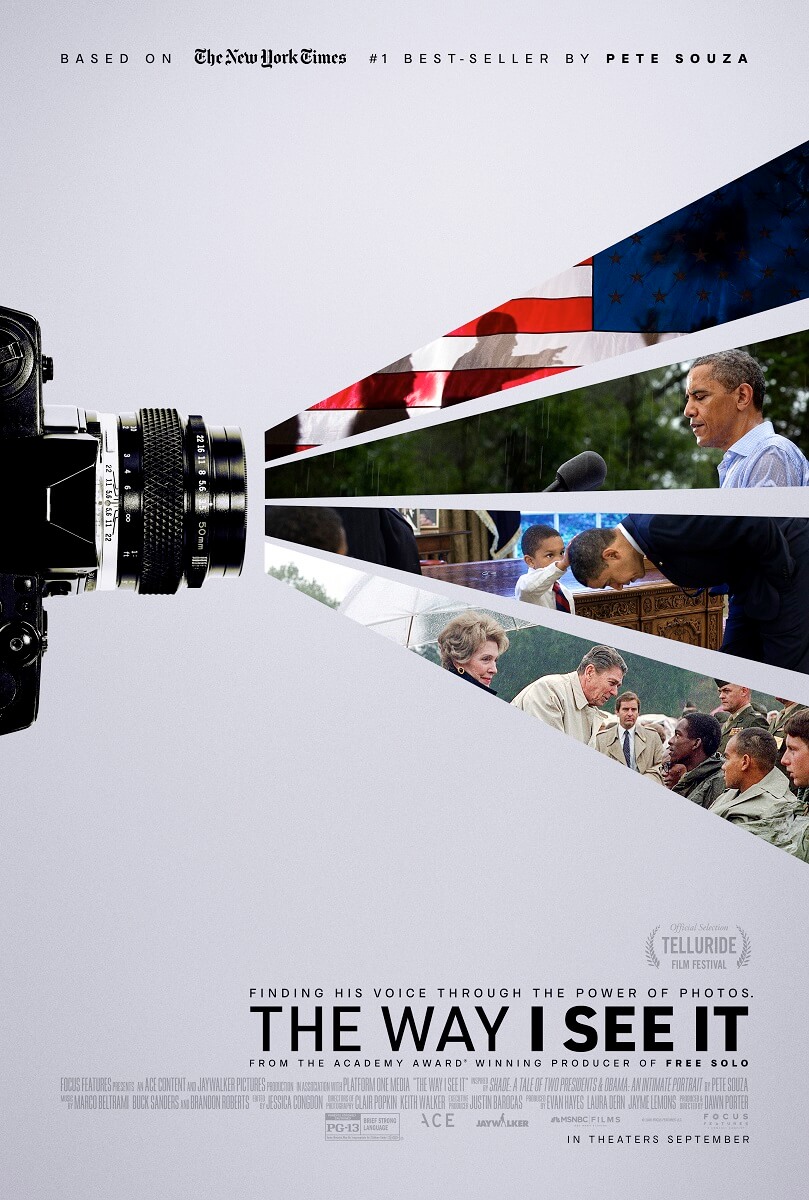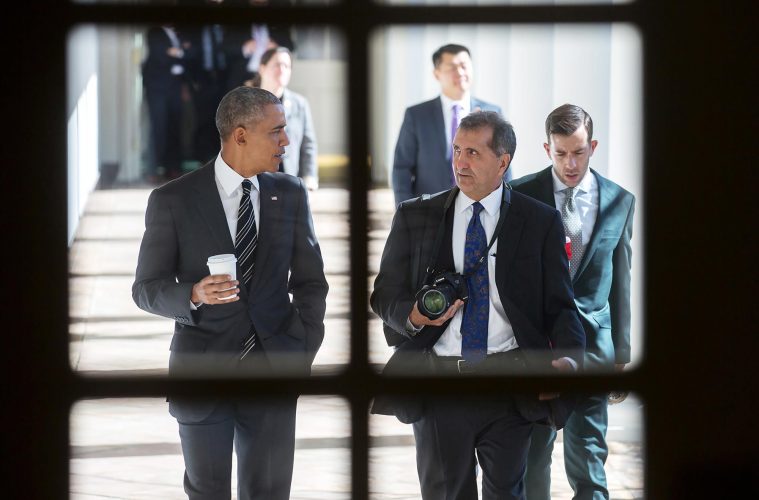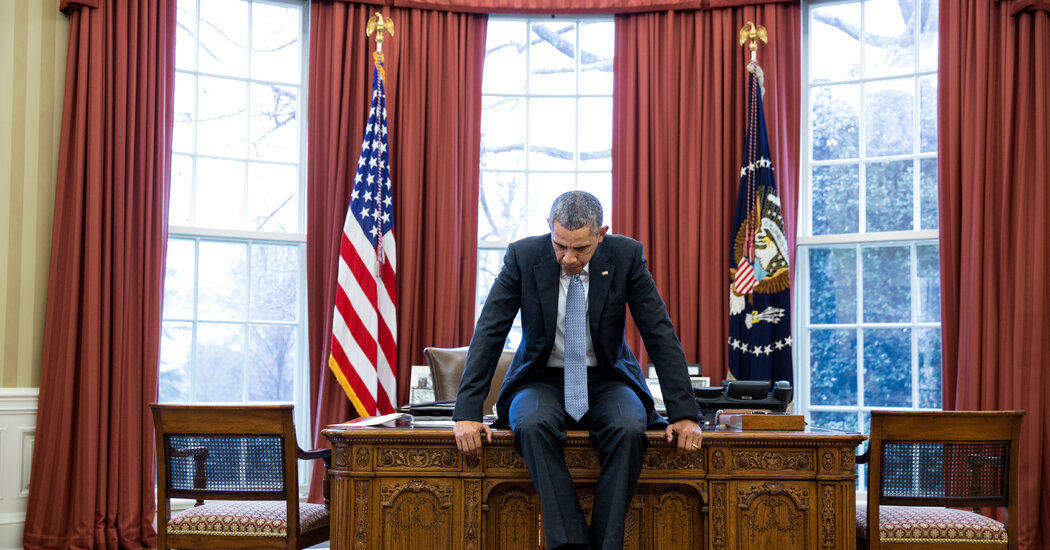Doc Corner: 'The Way I See It'
 Wednesday, September 23, 2020 at 2:00PM
Wednesday, September 23, 2020 at 2:00PM By Glenn Dunks
 If 2020 has taught us anything, it is that the grand ideal of America is a lie. It may then seem like the right time for a film such as The Way I See It, which appeals to the country’s more idealised image of itself through the (figurative and literal) lens of the man who was there to witness first hand one of its most historic moments. And yet watching Dawn Porter’s film is a bit like watching a fantasy film. All the money in the world may be able to create the most realistic dragons and wizardry, but it’s a total lie. This film is a fallacy of American idealism invented in the daylight among the most vile and hateful bigotry. Do I sound pessimistic? Well, I am.
If 2020 has taught us anything, it is that the grand ideal of America is a lie. It may then seem like the right time for a film such as The Way I See It, which appeals to the country’s more idealised image of itself through the (figurative and literal) lens of the man who was there to witness first hand one of its most historic moments. And yet watching Dawn Porter’s film is a bit like watching a fantasy film. All the money in the world may be able to create the most realistic dragons and wizardry, but it’s a total lie. This film is a fallacy of American idealism invented in the daylight among the most vile and hateful bigotry. Do I sound pessimistic? Well, I am.
If Porter’s film, as subtle as a sledgehammer, attempts to immortalize this myth of democratic optimism and goodness then she needn’t have bothered...
With renowned presidential photographer Pete Souza as her subject, Porter (backed up by Laura Dern among other producers) has produced an adoring, fawning portrait of a presidential photographer and an era that doesn't seem to have anything to say at all and appears to believe that Trump is but a mere blip on the country's road to a more enlightened future. I somehow doubt that will come to pass. In a year that has produced some extremely political films that have told harsh truths or been rallying cries for equality and voters rights, The Way I See It is a piss-weak effort that barely registers as even more interesting than Souza’s coffee table book of Instagram photos (speaking of which, the nerve to co-opt the word ‘shade’, my lord!).

Certainly, for a film about a presidential photographer there was room to move in dissecting political image-building. Especially given that Souza began a career at the White House in his twenties as a photographer for Ronald Reagan, a Hollywood actor. But these early passages of the film come across as blandly centrist at best and offensively boring at worst. While Souza at least admits that he disagreed with Reagan on elements of his political platform, his early political ambivalence means that he had little moral or ethical push-back against his boss. We watch as Reagan was framed as the Marlboro Man with the walk of a real man’s man, brushing aside the very blatant harm his presidency caused. It's in a similar way to how people make cutesy memes out of George W. Bush and completely forget that he was a warmonger, a death baron, and a raging imbecile.
And if Reagan gets off easy, then you can only imagine what the Obama passages are like. The President and Souza were clearly friends beyond the professional boundaries and that warmth radiates. Editor Jessica Congdon makes copious use of Souza’s photography, often capturing the President, the First Lady and their children in candid moments of still humanity. But the film itself can’t produce anything quite as interesting as those photographs, resorting once again to platitudes about America and democracy that ring entirely false. This is a man who went to Afghanistan in 2001 for heaven’s sake.
To be fair to Porter, though, this sort of wishy-washy patriotism is not unique to this movie. You can see it clear as day across a lot of center-left politics from The View panellists to MSNBC and CNN and the very campaign seeking to get Trump out of office as they express incredulity at republican partisanship and cruelty. It’s the same passive nationalism that bleeds into the discourse around mass shooting and white supremacy rallies. “This is not who we are”, they say, when the evidence clearly shows that it is, as evidenced by the Sandy Hook massacre that features in the movie (but which, again, doesn't say much about).

By the time film reaches its end with a carousel of photographs from Black Lives Matter rallies and protests taken by other photographers, any real desire to engage with politics—or hell, even engage with photography!—has well and truly gone out the window. But then these final moments go and give a far better portrait of people who are out there doing their part to save the very essence of American democracy. Souza is a remarkable photographer, that is certainly true. But remarkable men do not necessarily make great documentary subjects. Porter handled the delicacy of the abortion issue so wonderfully in Trapped (fun fact: the first film we ever covered on this column back in 2016!) but her other 2020 film, John Lewis: Good Trouble was a fairly uninspiring piece of filmmaking about an inspirational man. Watching The Way I See It made me miserable rather than hopeful. An America seemingly as far from the dreams of, say, Martin Luther King Jr.’s speech today than it was in 1963 and all it can come up with are lulz at the man’s Instagram account.
Release: Playing in theaters September 18th, 2020 before screening on MSNBC October 9th, 2020 at 10:00pm EDT.
Oscar chances: These sort of films don't really register with the documentary branch these days, but you can never tell what way the winds will shift with political docs in election years.



Reader Comments (7)
Let me just say I'm really sorry you feel like this about your own country.
Glenn (like me) is from Australia. Australia isn't mentioned here (that I can see anyway). So your comment is based on a false assumption.
(And I suspect many TFE readers know this already but, for the others..... yes, we non-Americans do look at your country and political system and feel similar sentiments as expressed in this article. From afar, you look like an undemocratic, uneducated, privilege-biased, anti-expert schmozzle. (Overall as a country, not individually.))
But we still love your cinema. :-)
Oh, and I am not exactly kind to my own country's politics, either.
Wimsey -- yes, Glenn isn't American. But any American who ISN'T beginning to wonder about all this -- and worried that our ideals are so diametrically opposed to our actions that they can't possibly be taken seriously at this point, is literally not paying attention.
I wish we were the country we claim to be. That country would be amazing. Unfortunately we're far from it.
Travis C: from afar? You don't have to be "afar." Your condescending comment (I'm sure you didn't mean it) ignores the millions upon millions of Americans who look at the current US political system with the same level of disgust. We're being held hostage. Stop with the "foreigners know better" nonsense, which is hardly true anyway.
Jonathan, yes, apologies that it sounded condescending. It wasn't meant to be condescending in that way (I know many Americans hate the state their country is currently in), but it was more aimed at the "patriotism means you can never be negative about your country and/or government" attitude that Wimsey seemed to be projecting.
We get similar feelings when other countries call Australia racist. We ARE racist, but it's more complex than the casual observations of an overseas media report.